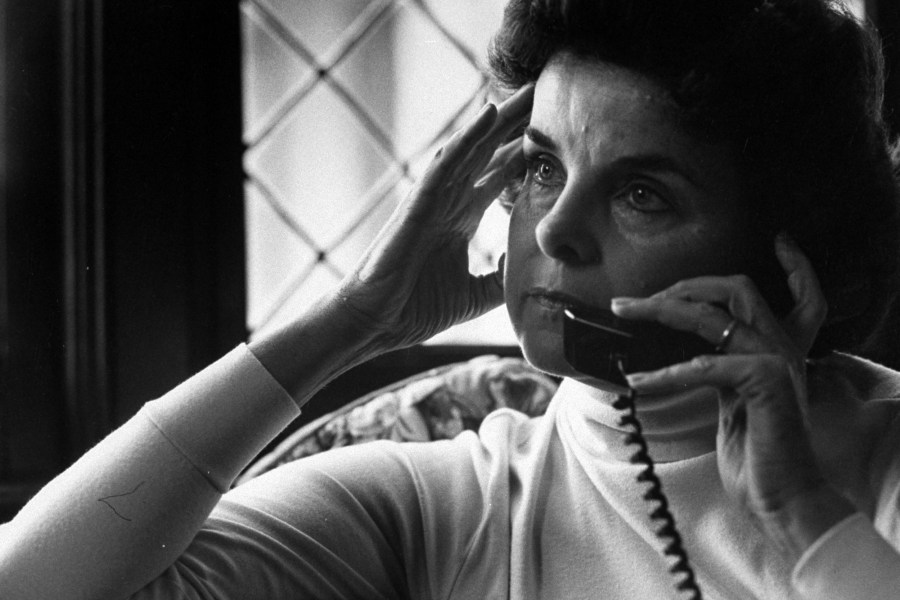UPDATE (Sept. 29, 2023, 8:58 a.m. ET): Sen. Dianne Feinstein, D-Calif, has died at the age of 90, NBC News reported on Friday.
In the fall of 1990, as Californians were on the verge of electing a new governor, I was on the verge of discovering two new obsessions: politics and feminism. And although the victor that fall was Republican Pete Wilson, I was captivated by his opponent, whose three-word campaign slogan seemed to embody the double bind of leading while female. “Tough but caring,” her ads proclaimed. Her name was Dianne Feinstein.
Two years later, of course, Feinstein won election to the U.S. Senate during the so-called Year of the Woman. And thus began her 30 years so far in the Senate, a tenure discussed too often these days in terms of her mental fitness for the job or progressives’ increasing frustration with her embrace of moderate policies and conservative people. (Yes, I am talking about the hug heard around the world.)
Yet the Dianne Feinstein that looms large in my memory, is a different creature entirely. For roughly two years, she was my boss, first during an internship in her San Francisco office and later, when I became a junior member of her Washington, D.C.-based legislative staff. That’s not to say she was my direct supervisor; on the contrary, there were multiple layers of people between us. My interactions with her were mostly limited to large-group staff meetings; occasional briefings; and best of all, handwritten edits and notes on the constituent mail and memos I drafted for her. (Nothing was better than receiving a note that read, in her elegant handwriting, “Good job! DF”)
She could be imperial, distant and unforgiving. She was also unfailingly attentive to what Californians cared about.
That Dianne Feinstein was both commanding and perfectly in command of policy minutia. She was passionate about California’s rich, varied environment, from its coasts and mountains to its deserts and forests; she was ferocious about stemming the gun violence that killed two of her colleagues on San Francisco’s Board of Supervisors and was beginning to wreak havoc in American schools; she was insistent on women’s access to abortion, frequently raising her memory of “passing the plate” during her mid-1950s college years so that classmates could obtain, in Mexico, procedures that were not yet safe or legal in California.
She could be imperial, distant and unforgiving. She was also unfailingly attentive to what Californians cared about, monitoring the volume of calls on various issues or measuring how long it took for her constituents to receive her caseworkers’ help navigating this federal agency or that bureaucratic mess. And she was so regal in her bearing that it was impossible to imagine her relaxed or in casual clothing. In a time well before social media or even reasonably-sized cell phones, she was always “on,” a formal counterpoint to Patty Murray’s earthy “mom-in-tennis-shoes” or Barbara Boxer’s scrappier, sharper press instincts.















